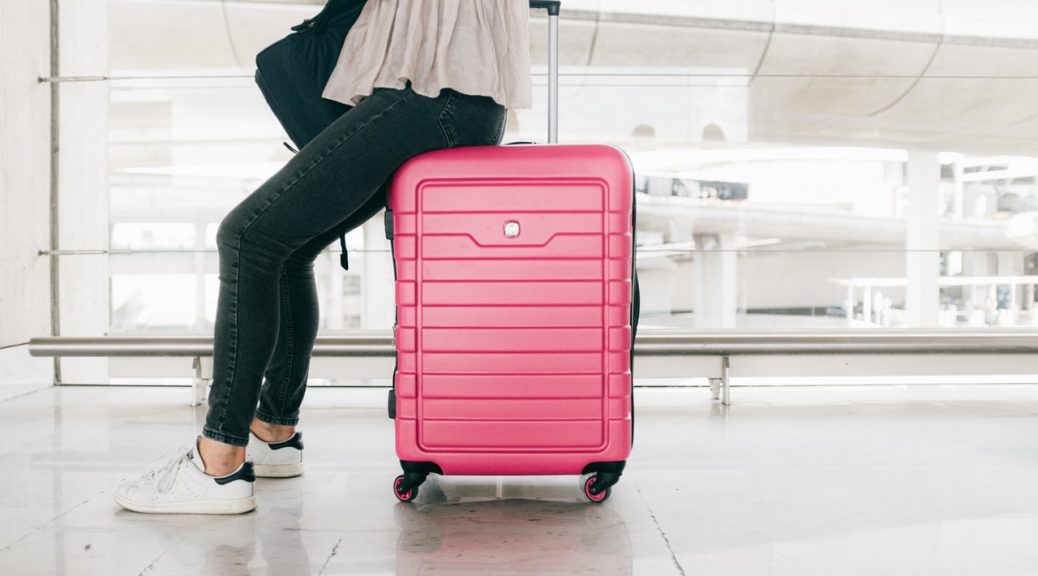
Why you shouldn’t travel after a major surgery.
Travel is a part of life, and sometimes hard to avoid especially in the case of an urgent piece of work. However, if you have just undergone major surgery, it may be a difficult decision to travel. You may stop thinking of travel if it is only for leisure, but if it is for urgent work, you have to go. In either case, travel after major surgery can be dangerous for the health and surgery outcomes for a person. It is, therefore, better not to travel after major surgery whenever possible. Physicians and surgeons offer serious and detailed guidelines for persons who want to travel after breast surgery or any major surgery. It indicates the severity of the issue; otherwise, why would they provide such detailed guidelines? It gives a solid impression and evidence that one should not travel after major surgery. Here are some points to consider that may help you decide whether you should cancel your travel plans after major surgery.
Types of Surgery:
Health organizations issue detailed guidelines for people who aim at traveling after surgery. It depends on the type of surgery. These guidelines are mainly for travel through the air. The Civil Aviation Authority has set a timetable for people with different types of surgery. For instance, you must rest for one day each after corneal laser surgery and colonoscopy. You should take rest for one to two days after breast augmentation or keyhole surgery. For simple abdominal surgery, you should not travel until four to five days, and seven days of rest is required for complicated eye surgery. If you have undergone chest surgery or complicated abdominal surgery, you should not travel for ten days. You may ask for a more detailed list of suitable rest days after different types of surgeries. The timetable shows the importance as to why one should not think of travel after these types of surgeries. It is simple to know that complex and complicated surgeries require more time for rest; that means one should not even think to travel before days for rest expire. It shows the sensitivity of travel after surgery that you must take a rest after it. One should take care of the risks associated with travel after major surgery.

Risks of Travel after a major Surgery:
Many risks are involved with the travel after major surgery. The most important is that the human body undergoes a major medical treatment. It brings major changes to the human body. Some areas have more risks than those who need care. For instance, hips and knees need to take care of highly. Otherwise, one may develop the risk of deep vein thrombosis or DVT. It is a blood clot that may develop in the deep veins of a body. Usually, it may develop in your legs. It is one of the biggest risks that can stop the blood flow very much. Other risks involve deterioration of health because a major surgery takes time to bring a person back to normal condition. The patient needs to rest continuously, and a long journey may cause complications. The stitches and cuts to the body during surgery may open, and if significantly damaged may require repeating the surgery.
One thing to keep in mind when making a decision is the type of travel, especially for air travel as it has more concerns and risks. Major surgery is a serious treatment, and a person needs time before returning to normal health once again. Traveling is a healthy activity, but it gives little opportunity for travelers to relax. They have to sit on a chair on a plane or bus for long hours. Major surgery requires serious rest, on the other hand. Therefore, it is important to travel only when you feel you have returned to full health and to consult your practitioner before you go.


